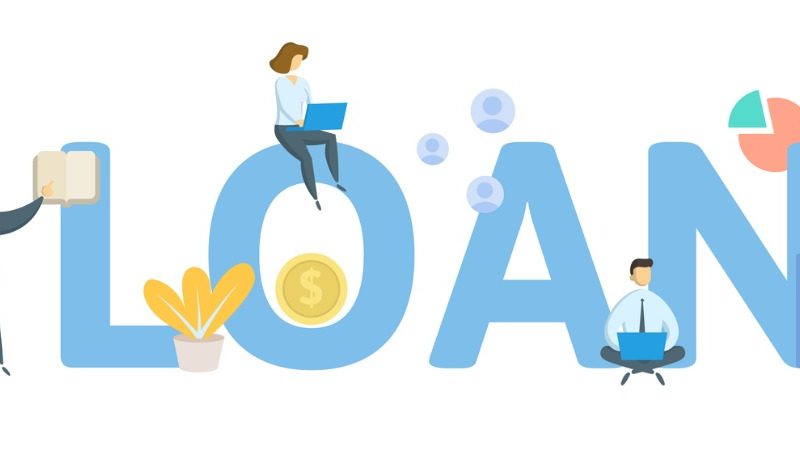Good debt, bad debt: Know the difference
Debt’s bad, right? No, it’s good. Okay, okay. It depends on the situation. Debt’s good if it has a positive effect on your financial future. It’s bad if you’re buying unnecessary stuff and falling behind financially.
Good debt
Debt can be an investment. But before you tell your mates you’ve ‘invested’ in a new surfboard or the best winter coat ever, read on. Good debt is something that you will make money from. Here’s how:
1. Home loans
Homes go up in value over time, so your mortgage is an investment in an asset. Well mostly it is, providing you can hold on through the inevitable downturns.
2. Student debt
Most of the time student loans are good debt because they help you get a more highly paid job.
3. Business debt
Borrowing to start a business or expand and make more profit is usually a good idea.
Bad debt
Bad debt is the debt you have on things that go down in value or you consume such as consumer goods and everyday spending, with nothing to show but a balance.
We all want to live well and own nice things. We tell ourselves that we need those takeaways/shoes/beers or that iPhone/snowboard and so on. We’re all guilty of this from time to time. Yes, you (and me).
And here’s the rub. If you’re carrying a balance on all that spending, you’re paying interest on interest on interest and it’s eating away at your financial future.
Good consumer debt
Nothing is ever black and white in life and there are times when personal loans or other consumer debt can be good. Let’s say you need to buy tools for your trade as a builder, or hairdresser; that’s an example of consumer debt that’s good.
Using debt to buy a car can be good, if you really truly need the car for work. But any extra spent on a flasher set of wheels than absolutely necessary, or heaven forbid some flash mags to go with it, is bad debt. Naughty you! The best medicine is to try to be honest with yourself.
When good debt goes bad
Sometimes so-called good debt isn’t as goody two shoes as it appears.
When mortgage debt goes bad.
It’s considered normal in New Zealand to extend the mortgage every few years to consolidate your credit card debt and personal loans or buy a new car. It’s true that consolidating the debt reduces your costs, especially if the extra debt is paid off over three to five years, not 25. But it masks the fact that you’re living beyond your means. We’re supposed to pay our mortgages down and if you’re always putting a new car or kitchen on it, you’ll end up treading water and still be in debt when you retire.
When student debt goes bad.
If you’re on a borrowing binge for a qualification that really isn’t going to lead to you earning more than you would without it, then you’re flushing money down the loo. What’s more, if you’re partying your way to the mother of all student debt, you’re only tricking yourself.
Paying down your debt can also benefit you.
That’s because you build up a good track record in your credit file (you can check your credit score right here on Credit Simple). That’s a big tick next time you need a loan, or when it comes time to get a mortgage.
Finally, the best debt is the one you’ve paid off. Whether you’ve borrowed for essentials or to have a good time, the sooner you can knock it into touch the better.
Take a dose of frugal medicine, separate the must haves from the nice to haves, write a spending plan that figures in debt repayment and start paying it off.
Credit Simple
Credit Simple gives all Kiwis free access to their credit score, as well as their detailed credit report. See how your credit score compares by age, gender and community and gain valuable insights into what it all means.
All stories by: Credit Simple


